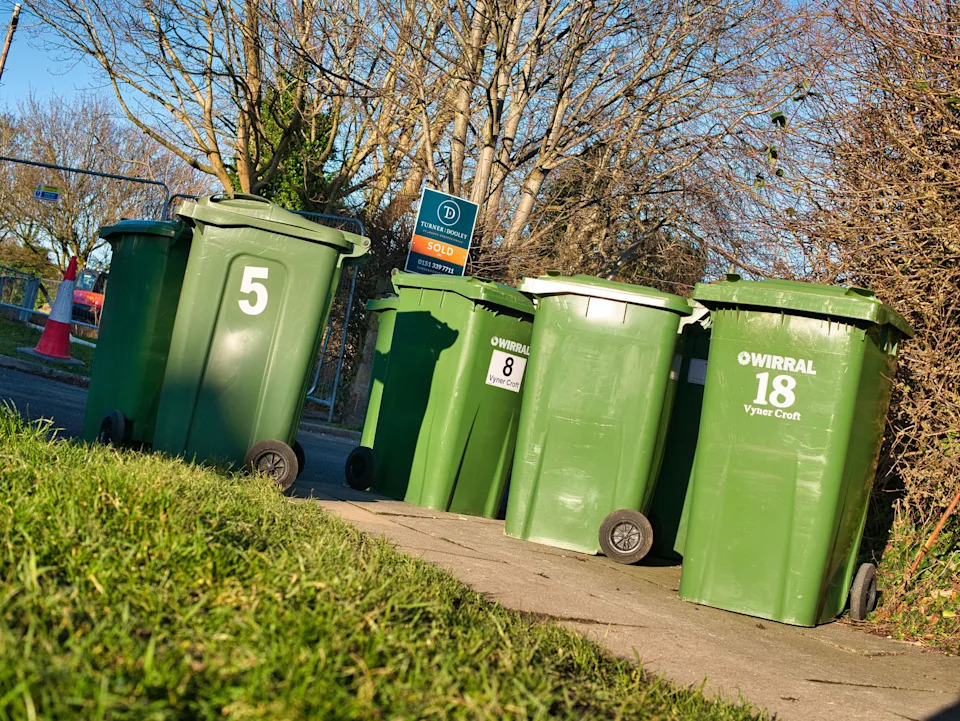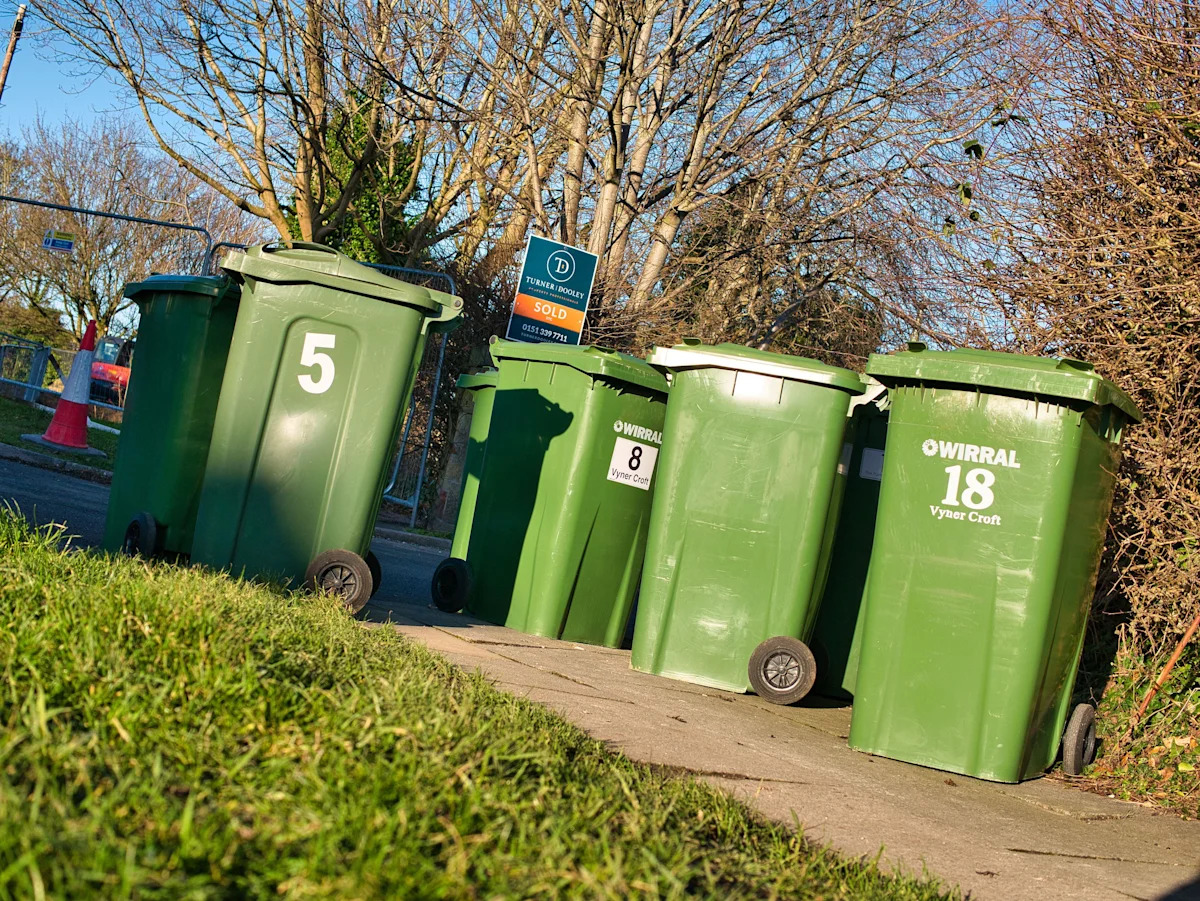From 2027, flexible plastics – products such as wrappers, zip-lock pouches, sachets, and bread bags – will start to be recycled in kerbside bins in a major nationwide rollout.
It’s an enormous change, which plastic charity WRAP says could mean 200,000 tonnes more plastic is recycled every year.
But is the recycling industry ready to handle the biggest change since the system was first introduced in the 1990s?
Yahoo News asked some recycling experts whether the infrastructure will be in place within the next couple of years.
What is changing?
At the moment, very few so-called “flexible” plastics – scrunchable products like crisp packages and chocolate wrappers – can be recycled by households, with only around 12% of local authorities collecting them at the kerbside.
However, that is set to change in England from April 2027, when a nationwide rollout will see flexible plastics collected as part of kerbside collections.
Yahoo News spoke to James Piper, who founded the Flexible Plastic Fund in May 2021 – a collaboration of manufacturers, retailers and recyclers that wants to improve recycling.
The fund, since renamed Flex Collect, recently completed a successful trial of flexible plastic kerbside recycling across 10 local authorities ahead of the national rollout.
Piper says: “Flexible plastic is the largest untapped recycling market. Councils need to think about what they need and their methodology.”

Households will have to have four bins (Alamy)
Why might councils struggle?
At present, there is not enough recycling infrastructure to deal with the expected increase.
The FlexCollect report concluded: “At present, there is insufficient domestic end market capacity to meet expected demand for treatment from 2027 onwards.’
But the report noted that mechanical and chemical recycling plants are already being built in anticipation of the change, and that (combined with spare European capacity), there may be enough in place.
Adam Herriott, senior specialist at plastic environmental action group WRAP. tells Yahoo News: ‘We need to go further, faster. Collecting and recycling more plastics – especially films and flexibles – means expanding infrastructure and creating strong, reliable end markets.”
Although there is evidence showing new capacity coming online, investment needs to keep pace with the expected surge in volume. It will take coordinated action across national and local government, recyclers, brands and retailers to make sure every piece of packaging put on the market has a clear route back into the system.
“We also recognise that some recent site closures have reduced available capacity, which underlines the urgency for investment and long-term certainty,” Herriott adds.
What is happening now?
New plants are opening across the country, says Rachel Watkyn, founder of sustainable packaging company Tiny Box.
But it’s still not certain that there will be enough capacity in place. “Industry is beginning to respond to these changes.” Watkyn tolsd Yahoo News. “In Teesside, Mura Technology is opening a HydroPRS facility capable of recycling 20,000 tonnes of mixed plastics each year into food-grade material.
“Veolia is investing £70 million in a new plant in East Midlands, due to open in 2026, as part of a £1 billion programme of UK recycling projects by the company through 2030. Packaging firms such as DS Smith are also experimenting with fibre-based materials that can reduce dependence on plastic in supermarkets.”
How will it work financially?
The good news for British consumers is that new laws mean that they will not be paying for this recycling through either council or other taxes.
In October 2025, Extended Producer Responsibility comes into effect, meaning that manufacturers have to cover the costs of recycling and collecting packaging.
“Councils are going to start being funded by Extended Producer Responsibility,” Piper told Yahoo News. “Which is a whole different piece of legislation, which basically puts the cost of our collections back to brand, which is passed on to councils to cover the costs of collections.
“So the government can now introduce collections of flexible plastics, because it will be funded by extended produce responsibility. So it’s not like councils are picking up the bill for that.
“Councils will be ready because they’re not having to fund it. So what they need to do instead is think about what things they need and what collection methodology they need.
“The trouble is, obviously, if the government delays it, which is my big concern, then recyclers will never invest, because they will never trust that the government is going to bring anything in on time.”

